In today’s wellness-obsessed world, the market is saturated with products designed to help us achieve our loftiest health goals. But are they worth the hype? We chatted with doctors about the most compelling health tech of 2025. The consensus? While not all are FDA-cleared or -approved, the devices offer insights that allow you to be more proactive about your health. For spine surgeon Ehsan Jazini of VSI in Reston, it’s about investing the time and money now to significantly improve your quality of life in the long run. “Improvements will compound over time,” he says, so the sooner you begin, the more effective the impact on your overall health. Here’s what doctors have to say about the latest gadgets, depending on the wellness objective you’re trying to achieve.
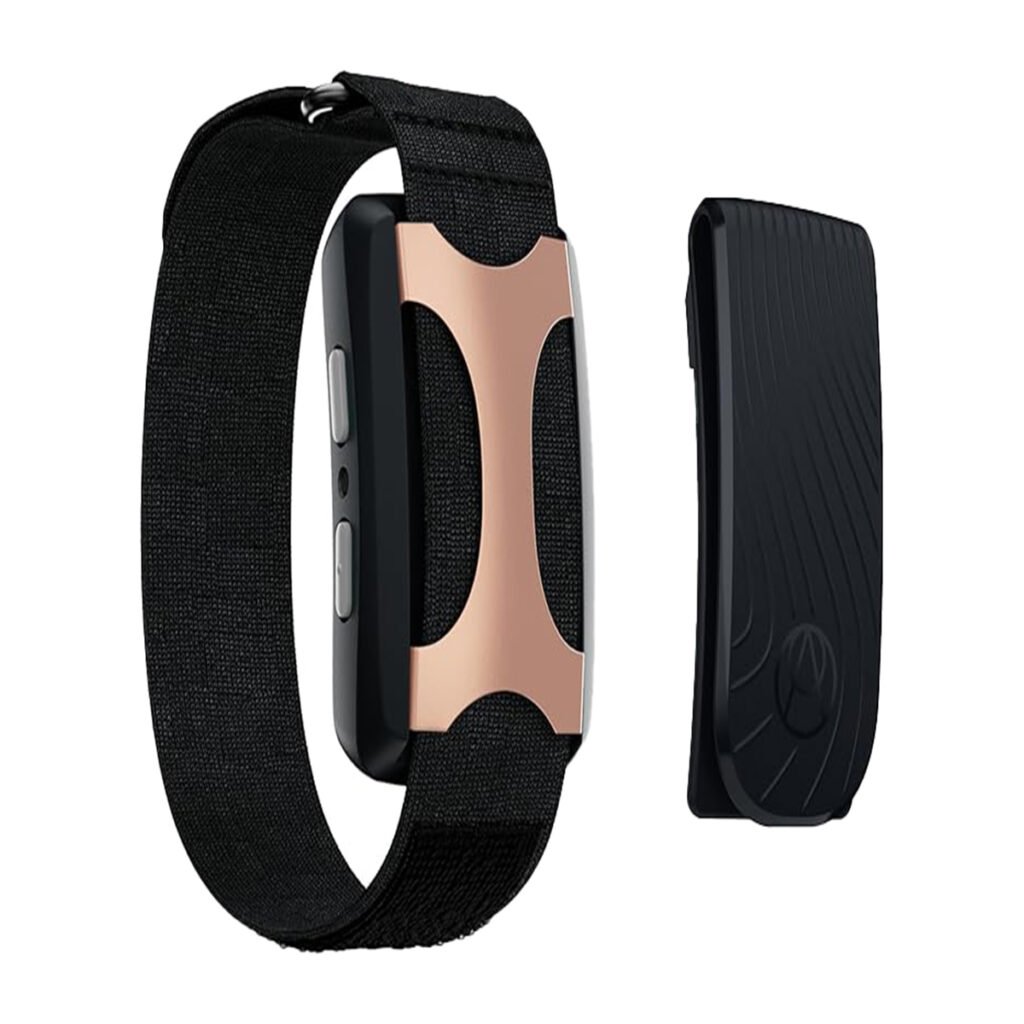
Goal: More relaxation.
Gadget: Apollo Neuro (starting at $349).
What it does: The touch-therapy wristband stimulates the vagus nerve, encouraging relaxation by sending out a sequence of vibrations detectable only to the wearer. This motion is intended to slow spiraling thoughts and bring you back into your body, says Natalie Grigorian, a physician at Aetherium Acupuncture & Integrative Medicine in DC. The device features a companion app with programs for sleep, recovery, and focus.
Doctor’s Notes: “I find that in today’s day and age, regardless of what a patient comes in for, there’s a level of anxiety or mental-health distress that is always present,” says Grigorian. While meditation, journaling, yoga, and exercise can help, we don’t always have the time. In those instances, wearing the band can be a passive aid.
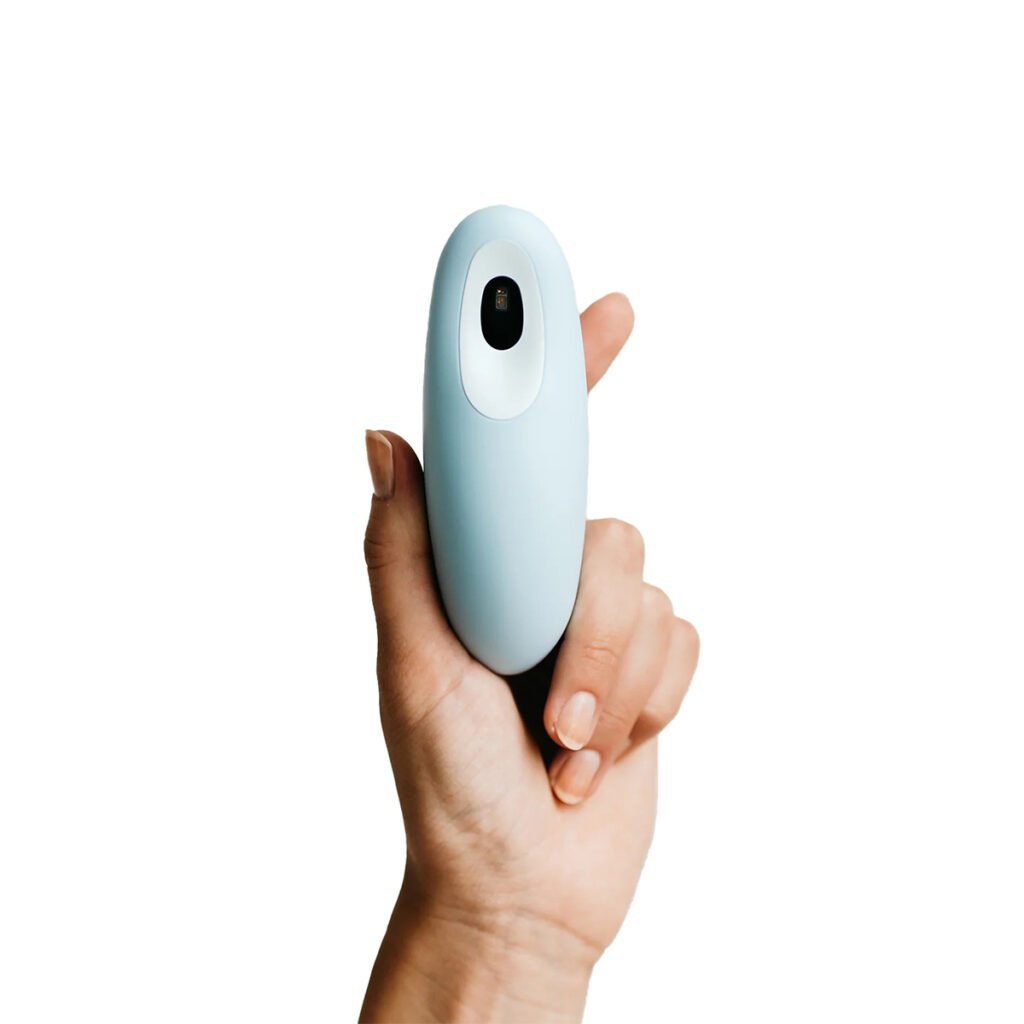
Goal: A calmer mind and body.
Gadget: Moonbird ($159).
What it does: Caught up in the chaos of the modern world? This handheld breathing tool is equipped with a sensor to measure heart rate and HRV, which can reveal stress in the nervous system. The soft, silicone-coated device expands and contracts in the user’s hand, providing tactile guidance during mindful breathing. After each app-guided session, users receive feedback.
Doctor’s Notes: “I fully support anything that’s going to help structure breathing and mindfulness for patients with anxiety and sleep issues,” says Tysons psychiatrist Sonal Jagasia. For Virginia Heart sleep doctor Amit Patel, it boils down to being able to track HRV: A higher number directly correlates to a better ability to adapt, which helps with resilience under pressure.
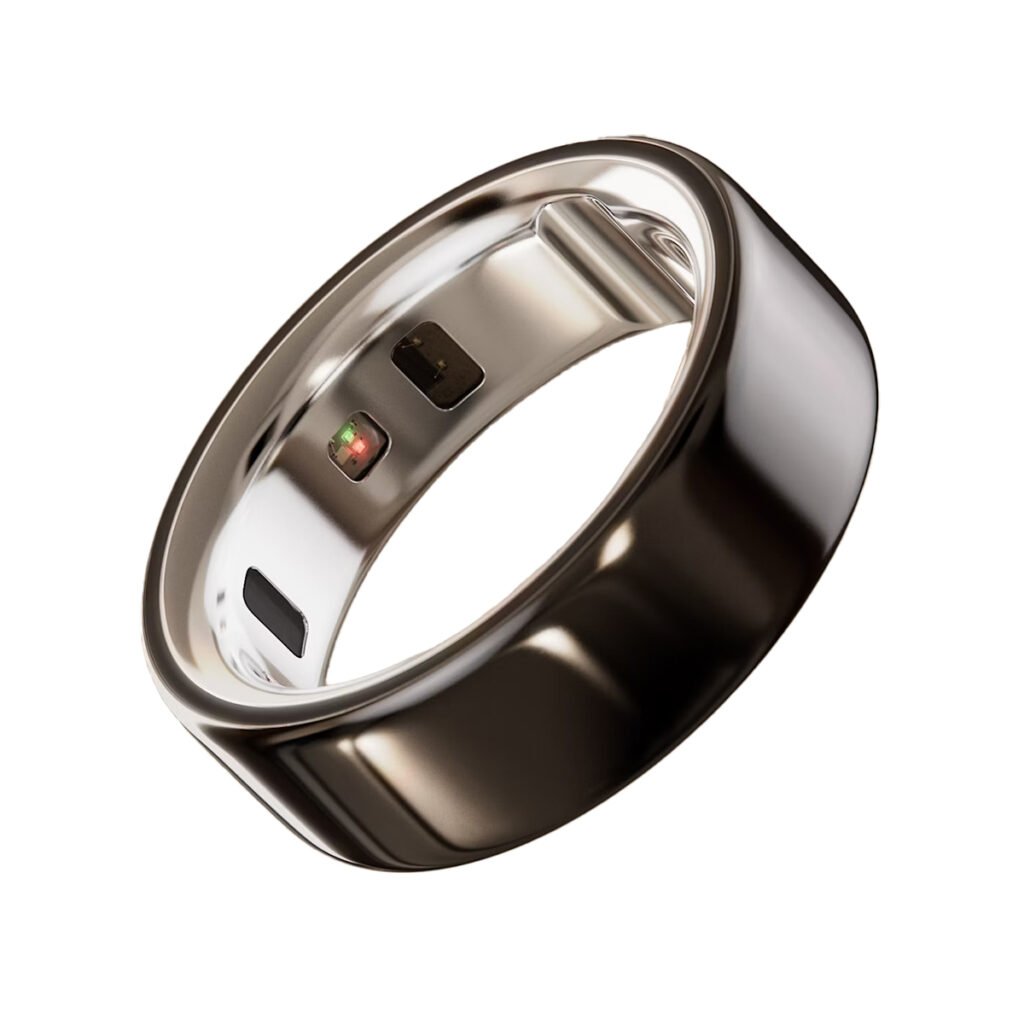
Goal: Better sleep.
Gadget: Oura Ring (starting at $299).
What it does: The cult-favorite ring collects round-the-clock data on stress and sleep. Various sensors monitor heart rate, respiration, temperature, blood oxygen, and more, all of which can be viewed via the companion phone app.
Doctor’s Notes: “Stress is basically the root cause of all illnesses, mental and physical, and the Oura Ring tells you when there’s a stress response,” Jazini says. Do you need to go to bed earlier, wake up more consistently, or get up and move around throughout the day? Oura will tell you, and then you can figure out how to proceed.
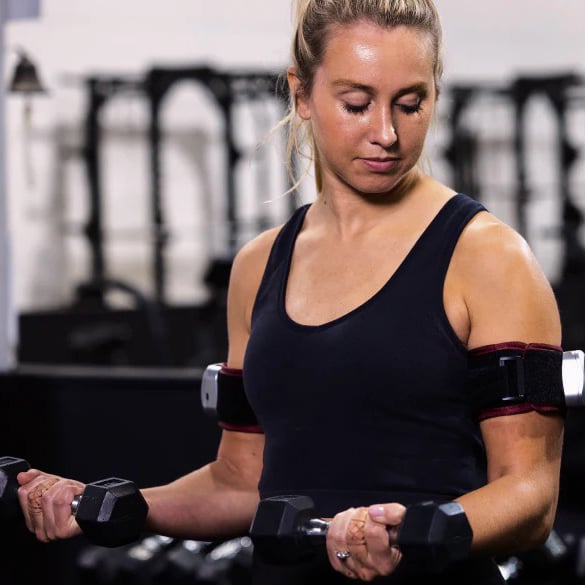
Goal: Improved strength.
Gadget: SmartCuffs (starting at $499).
What it does: Injuries happen, and so does a natural reduction in strength as we age. However, blood-flow-restriction (BFR) devices such as SmartCuffs allow users to capitalize on their strength efforts.
Doctor’s Notes: BFR devices are specialized cuffs that you put around your thigh or arm to trick muscles into feeling like they’re being starved of oxygen and blood flow, Jazini says, enabling the wearer to build more muscle mass with less weight: “So basically, you’re putting less stress and less injury on those joints, enabling wearers to gain muscle and bone mass while in a recovery period.”
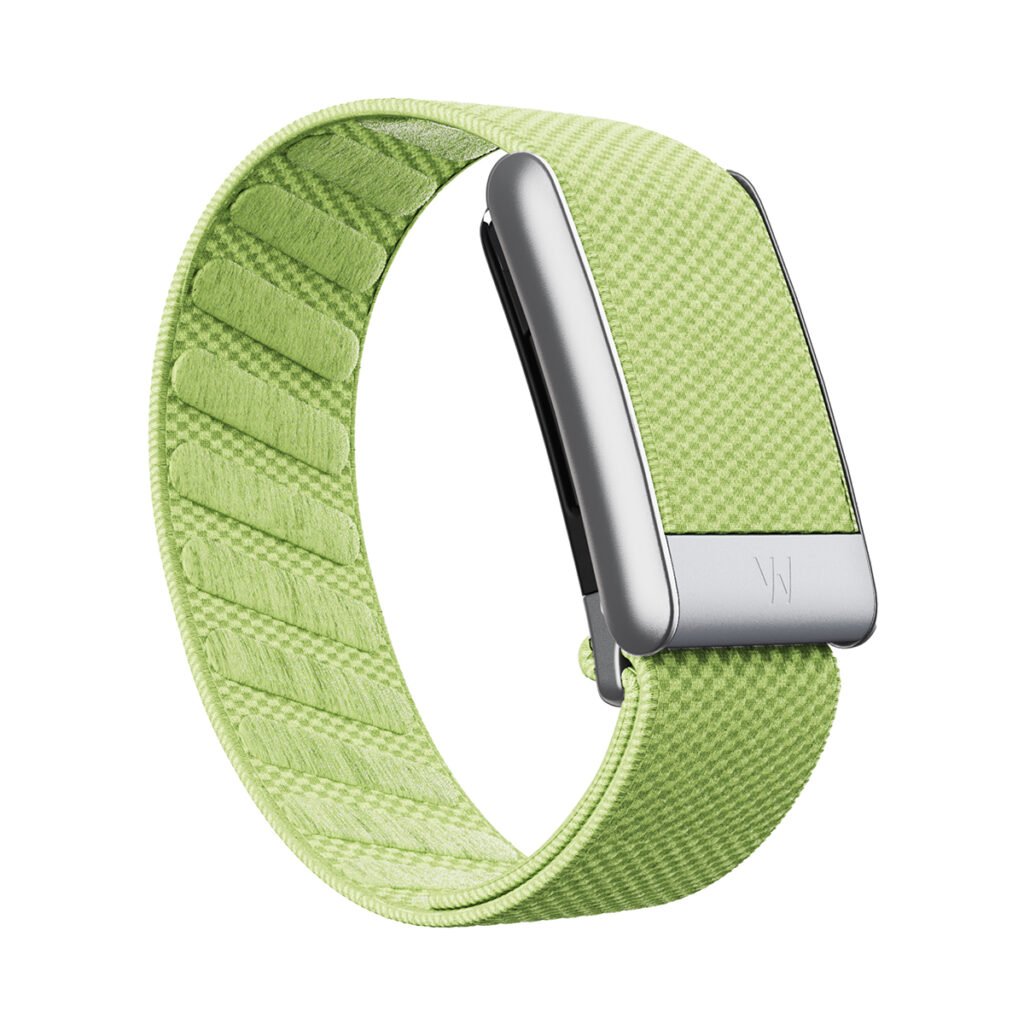
Goal: More efficient workouts.
Gadget: WHOOP (starting at $199 a year).
What it does: Worn 24-7, the faceless wristband collects thousands of biometric data points, including heart rate, heart-rate variability (HRV), skin temperature, respiratory rate, and blood-oxygen saturation. In the app, users can journal daily behaviors, which are then analyzed for their effect on strain, recovery, and sleep. WHOOP also shares fitness recommendations based on your metrics.
Doctor’s Notes: By highlighting personal trends, WHOOP encourages efficiency in both activity and rest, which can inspire behavior change, says Virginia Heart sleep-medicine physician Jessica Riggs: “What are my trends with my HRV? Is it better than it was yesterday? Is it worse? What happened when I stopped drinking, when I cut out caffeine? All these things can help keep us accountable.”
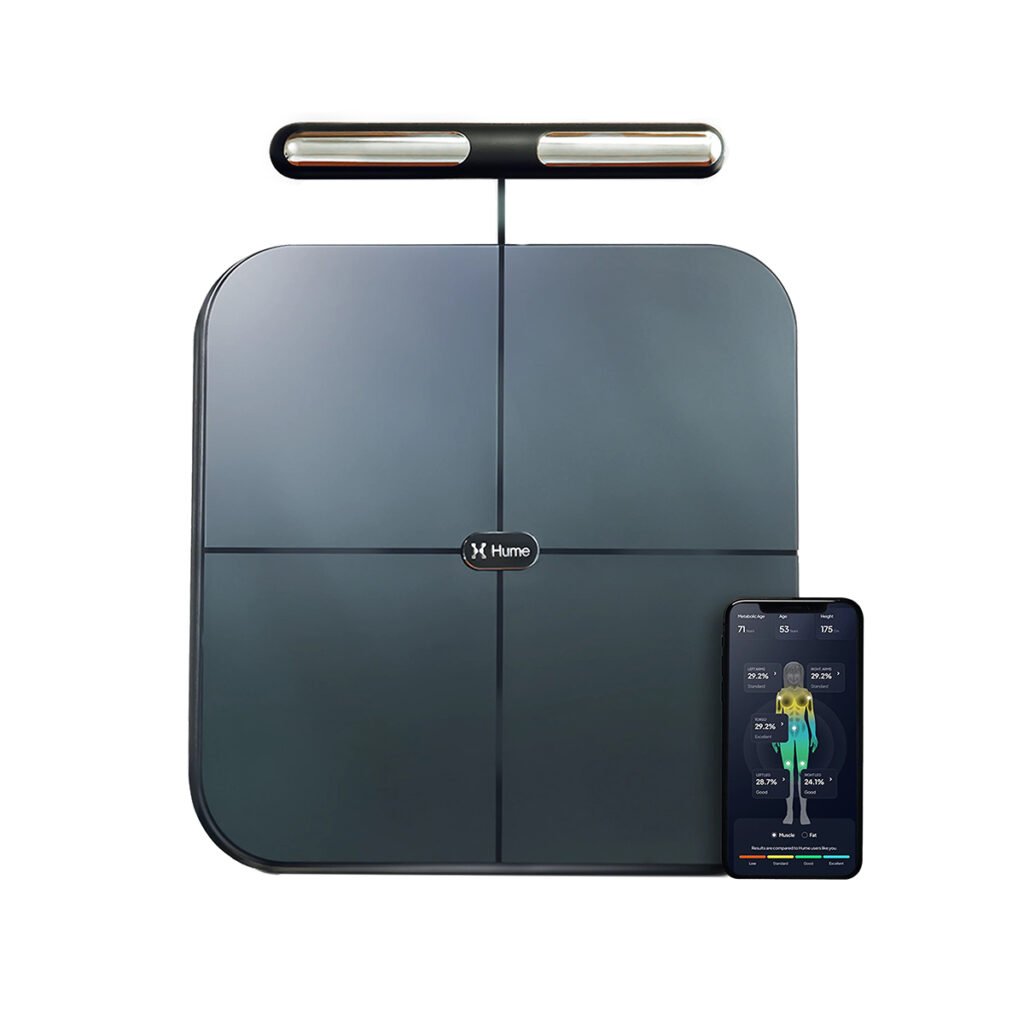
Goal: Full-picture health.
Gadget: Hume Body Pod ($352).
What it does: Smart scales are trending, thanks to the breadth of their health analysis. While there are many out there, the Hume Body Pod–which analyzes body weight, body-fat percentage, muscle mass, body-mass index, bone mass, body water, metabolic age, and more–is one of the most advanced. “Essentially, they use very low-level electrical signals to pass through the body to get a sense of what body composition is,” explains Joseph Lodato, a Kaiser Permanente cardiologist in Largo.
Doctor’s Notes: These scales bring tried-and-true bioimpedance tech to the comfort of our homes, says Lodato. While both he and Jazini don’t consider these scales to be 100 percent accurate, they believe they work well enough to illustrate personal trends, making it easier to decipher what’s working and where you can improve.
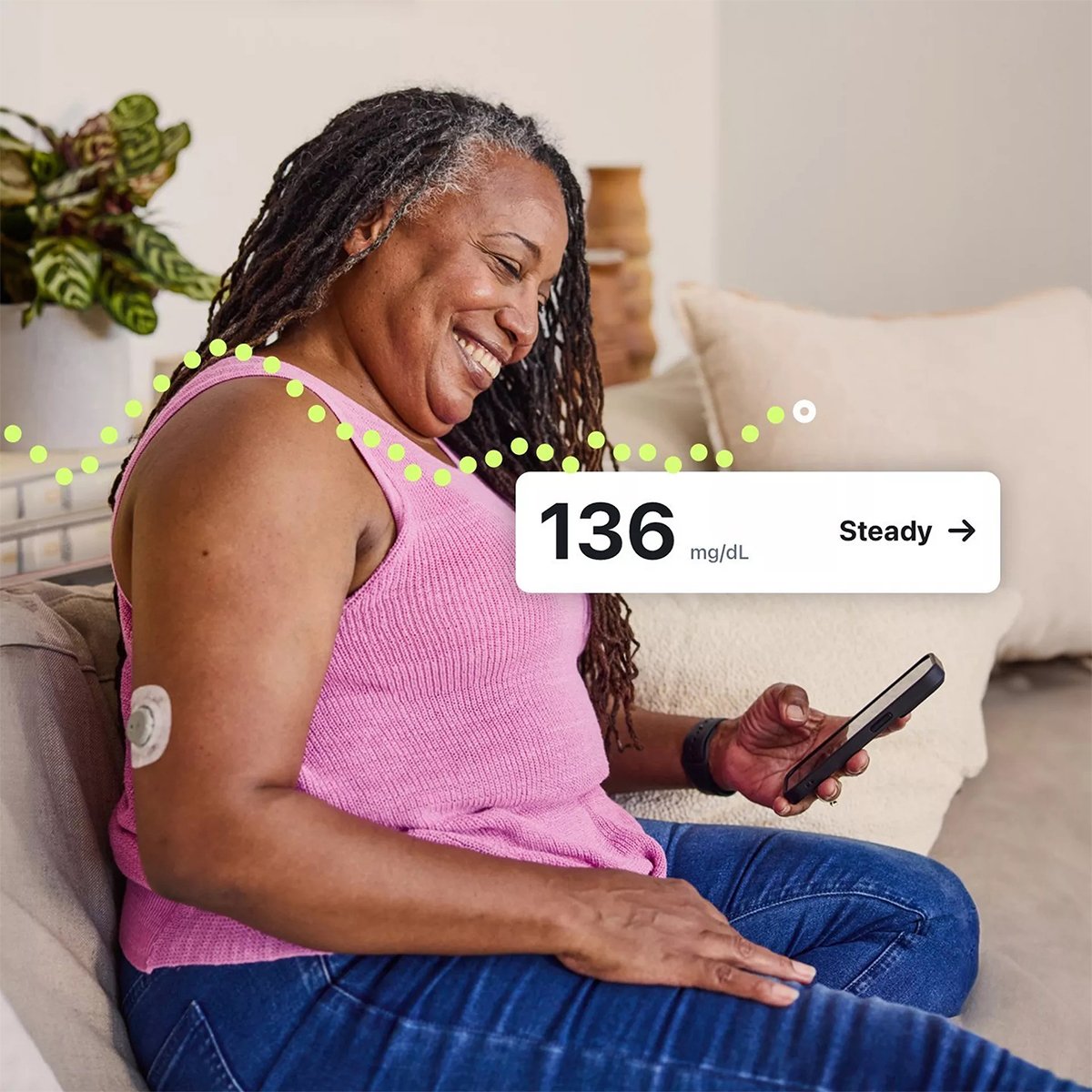
Goal: Optimal well-being.
Gadget: Stelo Glucose Biosensor ($99).
What it does: Feeling sluggish? Can’t seem to lose weight? Gaining insight into your metabolic health can help. This patch by Dexcom, worn on the arm for up to 15 days at a time, collects information in an app.
Doctor’s Notes: According to internal-medicine doctor Sos Mboijana, biosensors aren’t just for diabetics or prediabetics. “It’s a wealth of data,” he says. “Glucose biosensors are for the person curious about how their body responds after exercise; how they respond to having an apple as opposed to, say, dark chocolate; or curious about what happens when they’re stressed or sleep-deprived.”
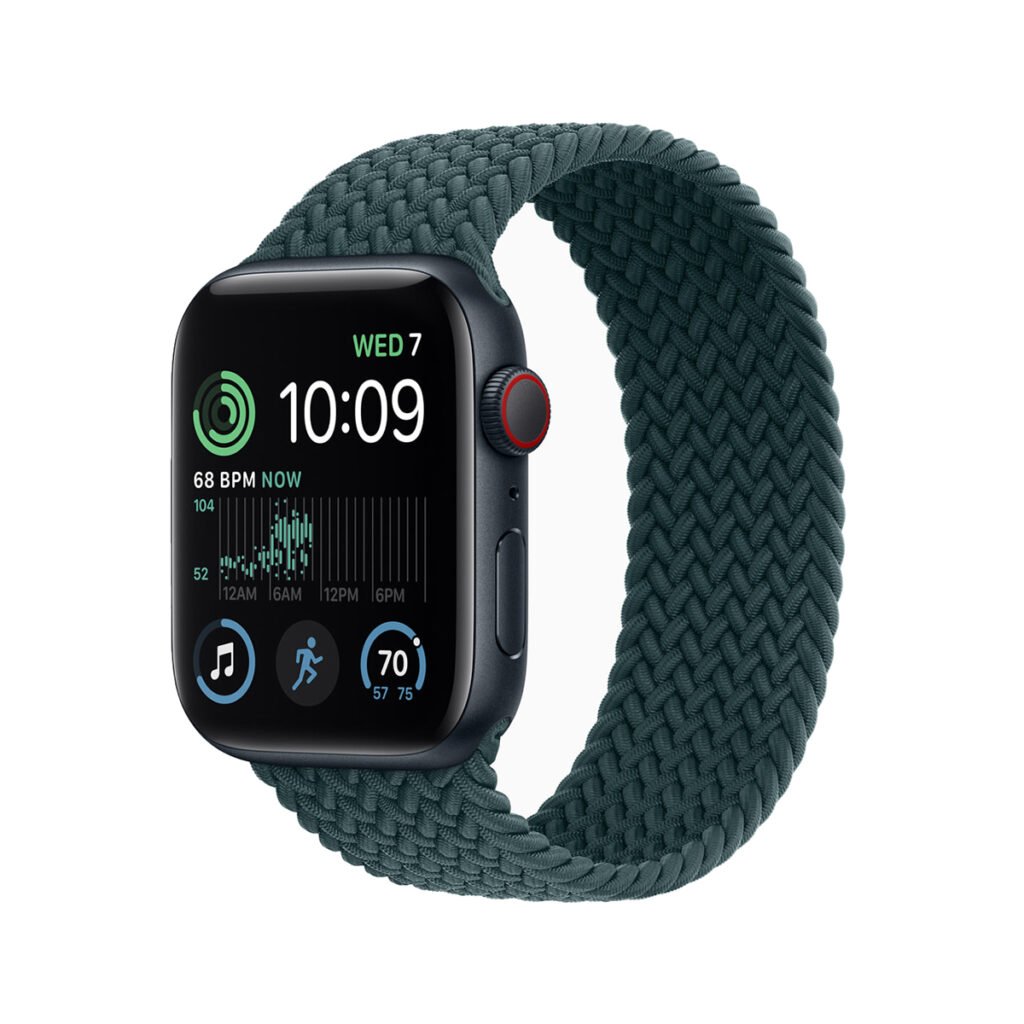
Goal: A device that does it all.
Gadget: Apple Watch (starting at $249).
What it does: Apple Watch was one of the first comprehensive smart health devices and remains one of the most compelling with each update. Series 10 monitors health via a handful of sensors–most notably, detecting irregular heart rhythms, sleep apnea, and falls. The downside is battery life, which at 18 to 36 hours is significantly less than, say, WHOOP’s or Oura Ring’s, each of which is a week or more.
Doctor’s Notes: “The Apple Watch gives you a lot of really good data,” says Falls Church cardiologist Alireza Maghsoudi. From electrocardiogram (ECG) capabilities and A-fib notifications to fitness heart-rate zones and sleep analysis, Maghsoudi applauds the does-it-all design. Virginia Heart cardiologist Paula Pinell-Salles is also a fan, particularly because a typical seven- or 14-day cardiac-event monitor might not catch an episode, but an ECG-equipped Apple Watch can.
This article appears in the September 2025 issue of Washingtonian.














